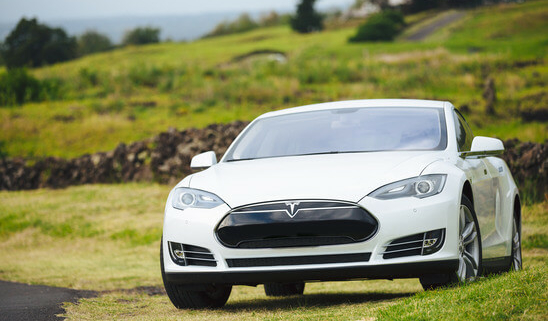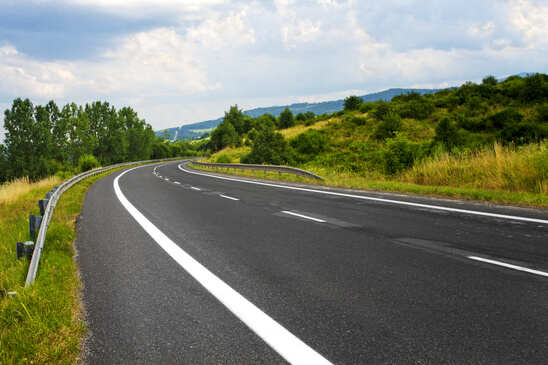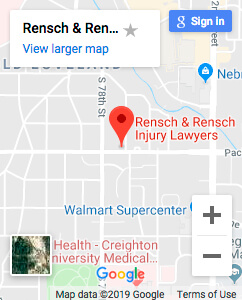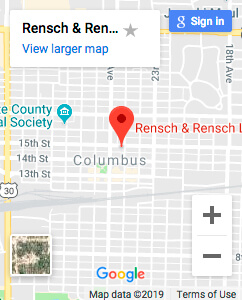Self-Driving Car Safety Limits
OMAHA, Nebraska. Self-driving cars are billed as the wave of the future. Proponents claim that they might be able to reduce car accidents because they can take human error out of the driving equation. In fact, research backs this claim. Researchers at Stanford University’s Center for Internet and Society found that human error is responsible for as many as 90% of car accidents.
Yet, self-driving cars are a long way from being safe enough to operate on U.S. roads. While prototypes are being tested and while partially autonomous vehicles are already being sold, a fully autonomous vehicle is still a big technological leap. Why?
There remain certain conditions where self-driving cars have a great deal of difficulty performing. For example, in roundabouts, self-driving cars don’t do very well. CNN recently reported on how self-driving cars also cannot navigate car washes. Car washes can affect the vision system that is crucial to the functioning of an autonomous vehicle. The car wash’s brushes can throw off a self-driving car’s calibration system and internal sensors. In fact, a car wash has enough power to destroy self-driving sensors entirely. So, if you plan on buying the next self-driving model vehicle, you might want to make sure the sensors can withstand your friendly neighborhood car wash.
While this may not seem like a big deal—self-driving car owners can just hand wash their vehicles, after all—it is actually a major concern. If an unwitting driver uses a car wash, he or she can cause immense damage to his or her vehicle. Worse, if the vehicle malfunctions on the road, the vehicle can cause personal injuries to other innocent drivers. Another issue is that self-driving cars actually need to be kept clean so that their sensors work properly. Everyday grime that builds up on a car can disable a sensor. Without the sensor working, the car can’t function properly. So, in the future, we may be seeing lawsuits for self-driving car owners who failed to clean their cars properly.
Cleaning a self-driving car can simply be more costly, because it must be done by hand and must be thorough. Google is testing self-driving cars in some cities and already there are people cleaning the vehicles. When snowy conditions arise, keeping sensors clear is another unique challenge. Most experts believe that engineers still haven’t solved the problem of keeping sensors clean. Until this is solved, it might be difficult to scale self-driving vehicles to meet the needs of the general public. It doesn’t make economic sense to have a fleet of specialized cleaners available at all times to keep sensors clean.
Until self-driving cars become safe for everyday use, drivers need to exercise proper care on the road. This includes keeping windshields clean and windshield wiper fluid full. If a driver can’t see, he or she can’t drive well. If you believe that another driver’s failure to maintain their vehicle resulted in your recent accident, you may have certain rights under the law. Rensch & Rensch Law are personal injury lawyers in Omaha, Nebraska who work with injured drivers, passengers, and victims. We may be able to help you seek damages for your injuries and losses. Visit us at https://www.renschandrensch.com/ to learn more.






